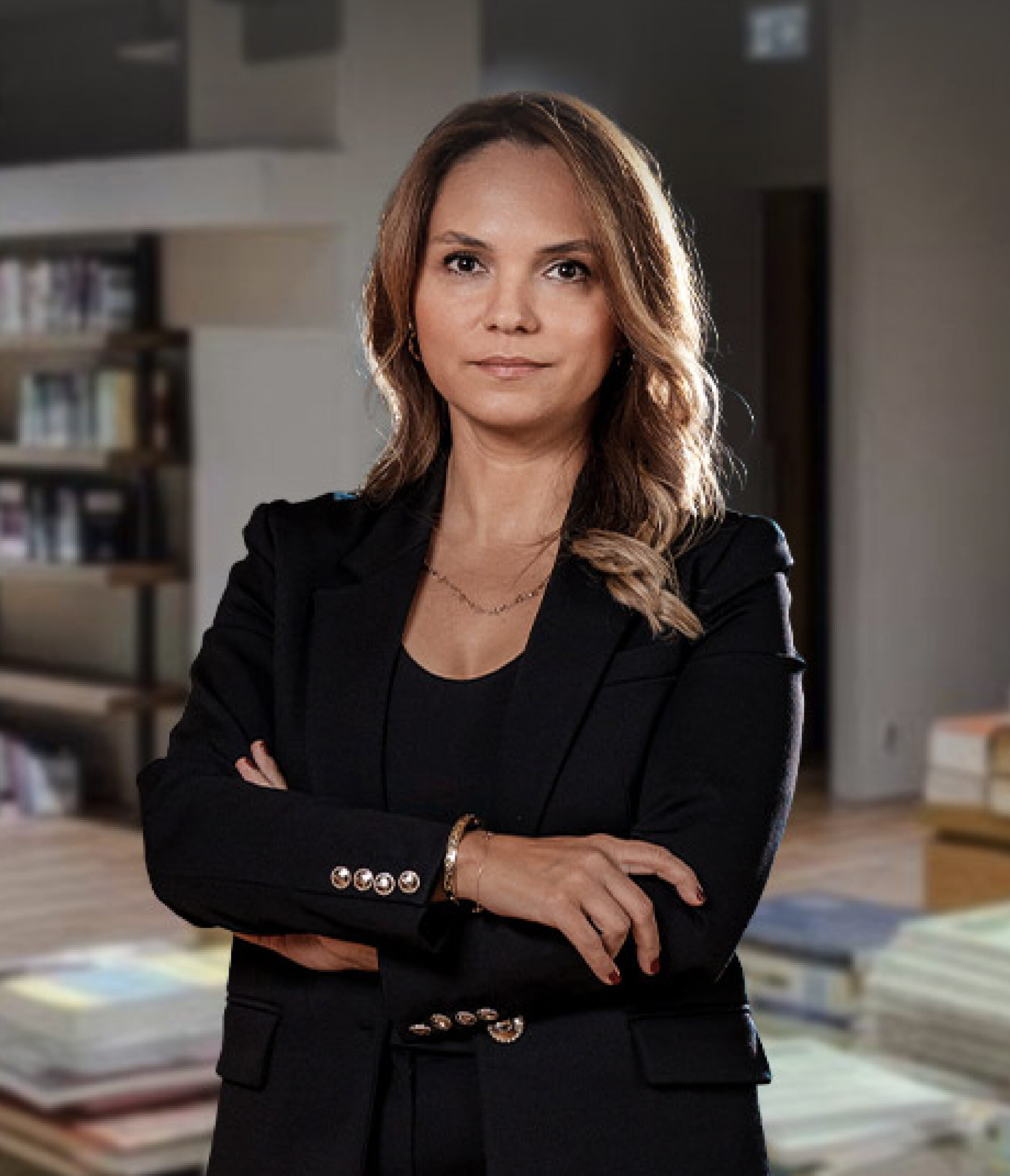A trademark registration both makes the right holder the sole user of the trademark and ensures the prevention of its unauthorized use. In accordance with the principle of territoriality, however, trademarks enjoy such protection only within the borders of the country where the application has been filed.
The Turkish Republic of Northern Cyprus (“TRNC”), also known as Northern Cyprus, is a state only recognized by Türkiye. However, contrary to popular belief, the TRNC is a separate country with a multiparty political system and is run independently of Türkiye by its own democratic institutions. Related to this situation, the registration institutions of both countries are independent authorities from each other as well, and any intervention with each other’s internal working is not a matter of discussion. Therefore, a trademark registered in Türkiye will not receive any protection in the TRNC.
The law regulating trademarks in the TRNC is the Trade Marks Act No. 28/1995, Chapter 268. It defines a mark as “a form, description of a particular type of commodity or product, or a trademark, title, symbol, tag, name, signature, word, letter, number, or any combination thereof.” In other words, we can describe a trademark as any sign or combination of signs such as shapes, figures, graphics, or drawings used to distinguish a product or enterprise from others. It should also be pointed out that the classification in Northern Cyprus divides trademarks into 34 different groups and is applicable only to trademarks. Therefore, service marks are not applicable in this jurisdiction.
At the first glance, the processes and requirements for trademark registration in Northern Cyprus and Türkiye may seem similar. However, there are significant differences stemming from parameters in practice.
The most important difference is the absence of an electronic system for trademark transactions in Northern Cyprus. Needless to say, having an electronic system is highly significant for trademark attorneys because of the convenience and practicality it offers during the application processes. Besides, it enables attorneys to check the status of registrations and to file all transactions and recordals online. The absence of such a system in Northern Cyprus necessitates a visit to the Registrar for each and every transaction.
In addition, the electronic system expedites work and lessens efforts during the authentication of official documents such as electronic apostilles and e-signatures. As such procedures are not possible in the TRNC, the Trademark Registrar only processes the original copies of the documents for any transaction or recordal. Also, all documents must be notarized and legalized by the Northern Cypriot Consulate (or by the Turkish Consulate if there is no Northern Cypriot Consulate in the city or country where the legalization will be handled), or bear an Apostille in accordance with the Hague Convention. In the TRNC, given the need for in-person visits by trademark attorneys to the Registrar, the shipping time of the original documents and their approval processes, disruption in trademark transactions and lengthening of the processes to months or even years are inevitable.
Another point is that there is only one examiner who reviews the recordals and applications in the Registrar. The TRNC is small in terms of population and area but an important market for both foreign firms and states. Recently, there has been a significant increase in commercial activities in the TRNC and it is expected that more trademark applications will be filed in the country. With only one examiner in the Registrar and a heavy workload, the applicants will bear the brunt of time-consuming processes and face the possible risk of disruptions in transactions.
Despite the said obstacles, trademark applicants and rights holders pay special attention to their registration procedures and other processes in the TRNC in order to protect their trademarks and initiate timely legal actions in case of an infringement. Considering the large number of trademarks in the registry and developing technology, it is expected to the Authorities to make the necessary amendments in terms of intellectual property.



